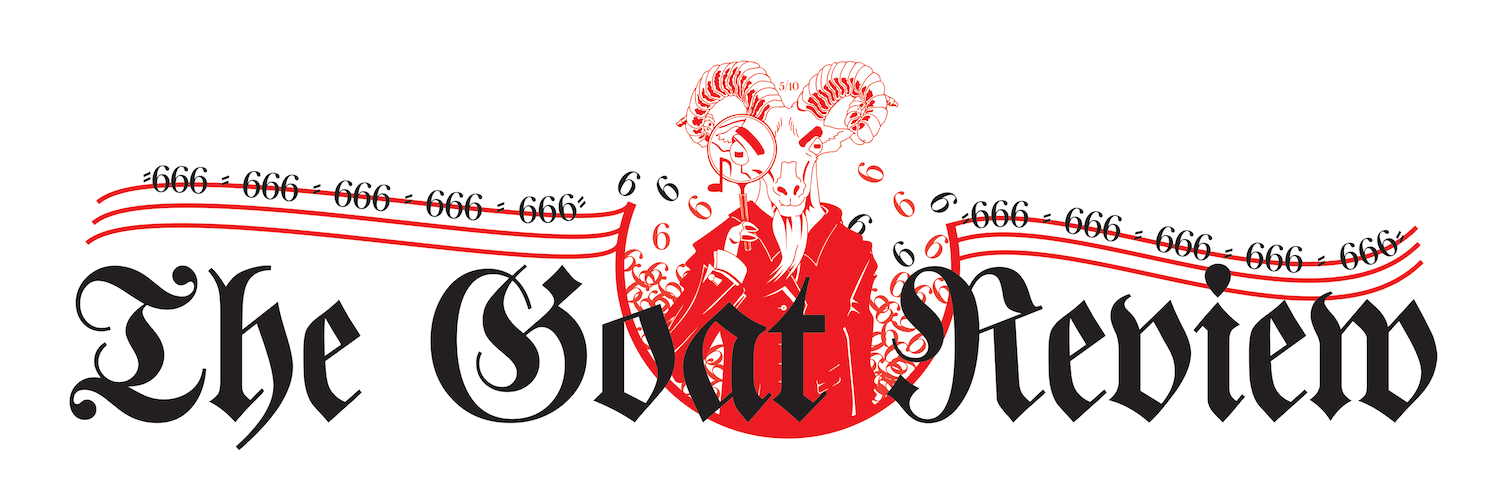
Stoner as a genre often gets a bad rep. Sure, it’s not like the stereotypical act with a horrendously nasal vocalist, singing arhythmically over repetitive overlong songs does not exist, but similarly, many unique acts exists that are more fluid in tempo and that are willing to take other influences in. Nebülith is such an act. The usual stoner soundscape is embellished with hints of sludge, psych and rock and roll, staying true to their supposed influences of Black Sabbath, Monster Magnet, Sleep, Smashing Pumpkins, Ministry and Mötorhead. Given, maybe not Sleep, as the band is not hyper-committed to the endless repetition of extremely simple riffs, but this is more accurate than I am used to within the FFO section of a band’s bio. The project, led by a single person, reminds me of bands like Torche or Big Business in a pleasant manner — the rock influences are front and center, but the heaviness of sludge, filtered through a grungy Seattle lens is the main attraction of the sound. Odd, psychy sounds exist in the background of these riffs, often filling the upper frequencies in ways that many stoner acts often eschew in favor of the low and slow fuzz most associated with the genre. The instrumental section of the album might not be mind-blowing, but could be good for a couple background spins here and there.
Unfortunately, Nebülith does fall into one stereotype of the stoner genre very cleanly. I don’t like to use the word horribly lightly when it comes to vocals, as vocals can often be something personal and what I think is unacceptable could be an acquired taste for others or just not bother a different listener, but the vocal performance on Feel Good Music for the End of the World Vol. 1 does completely ruin what could otherwise be a serviceable album for me. The nasal, at times whiny vocal performance might not be too much of an issue during the slower, more psych rock oriented songs — take “Leviathan” with its simple, bass oriented ebb and flow. Here, the vocalist wisely puts a radio effect on his vocals during the quieter sections, hiding some of the biting upper frequencies in the low mids of his voice that make the vocals sound so abrasive. But in the heavier sections, the yelling starts, microphones start to peak and the vocals become so front and center that a lot of the nicer details of the instrumental performance get lost in the mix. Other songs, like preceding cut “Mother Freedom” are fully comprised of this harsh yelling. Why the vocals are so front and center here is unclear to me and I have to suspect that the mixing has been done by the artist himself. John Shaughnessy, the mastermind behind this project, seems very committed to it, and this hyper commitment is what does it in. If a different vocalist was featured or his vocal performance was toned down, there could be something here. As it stands, Nebülith is flawed during its best moments, and actively unpleasant during its worst.
